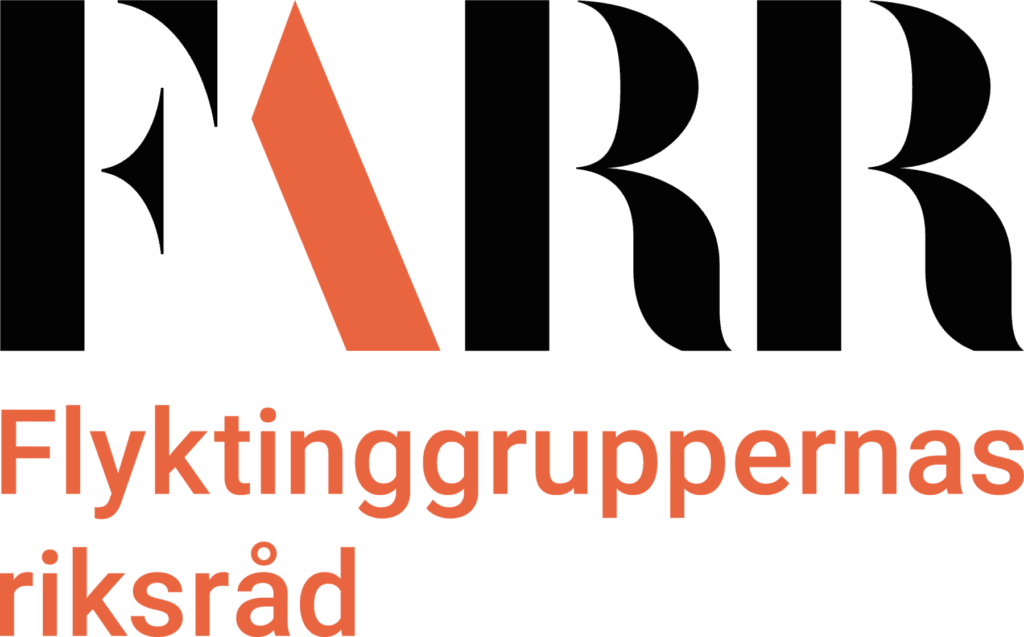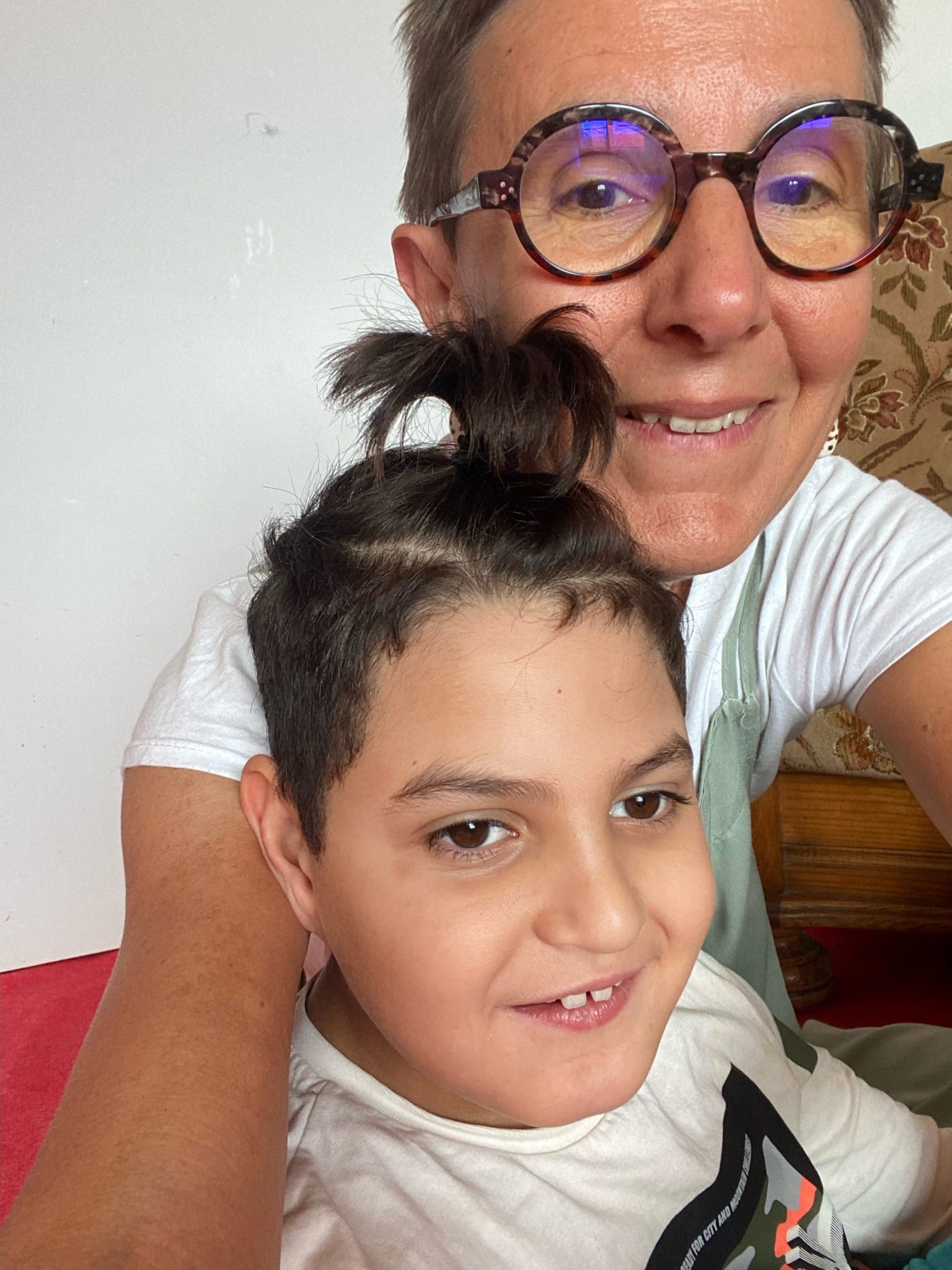Flyktingar i Europa möter fientlighet. De stoppas brutalt vid gränserna, utsätts för grovt våld eller lever under omänskliga förhållanden i tillfälliga läger i hela Europa. Det är dags att skapa förändring! Liksom Emmanuelle, finns det många medborgare som sitt dagliga liv visar solidaritet med flyktingar. Nu är det upp till våra politiker att skydda flyktingar och förändra det misslyckade systemet. Hjälp oss och höj din röst! Ge solidariteten en chans och skriv under namninsamlingen: https://givesolidarityachance.org/se
Emmanuelle Gautier (55) lives in a small village of 300 people in the Beaujolais region in France. The web journalist and author of podcasts is a volunteer at Forum réfugiés, a non-profit organization that – amongst others – supports the integration of refugees into French society.
‘Two years ago, the return of the Taliban to Afghanistan really moved and shocked me’, Emmanuelle says. ‘It was then that I decided to offer my help to refugees. In my opinion, it is essential to offer linguistic and cultural bridges to these people so they can get a foothold in France.’
A small network of volunteers was formed to help refugees families better integrate, and for a year and a half, Emmanuelle visited an Afghan family. Once a week she offered them French classes as a foreign language, many in the form of games or conversation tests. Emmanuelle : ‘I quickly realized that this family of ten, including a child with physical and mental disabilities and serious health problems, needed more help with their daily tasks. So I started to help them with their administrative tasks, to convey them, take care of the children and so on.’
Gradually, a friendship was build between Emmanuelle and the Afghan family. ‘We share meals and talk and laugh a lot, especially with the kids, who are more comfortable with the French language. We became friends and have very rich and varied talks and discussions. This amazing friendship had a very positive impact on me and I know that it will last.’
‘My partner and I also participated in welcoming and hosting a Ukrainian family’, she continues, ‘along with a dozen other families in our village. At the initiative of the Afghan families, we organized a multicultural festival to welcome them. It turned out to be this amazing Franco-Afghan-Ukrainian festive where we shared culinary specialties, songs and organized lots of games for the children. These last years, the contact with refugees has shaken up my prejudices and opened my mind. And at the end of the day, we “receive much more than we give”.’

